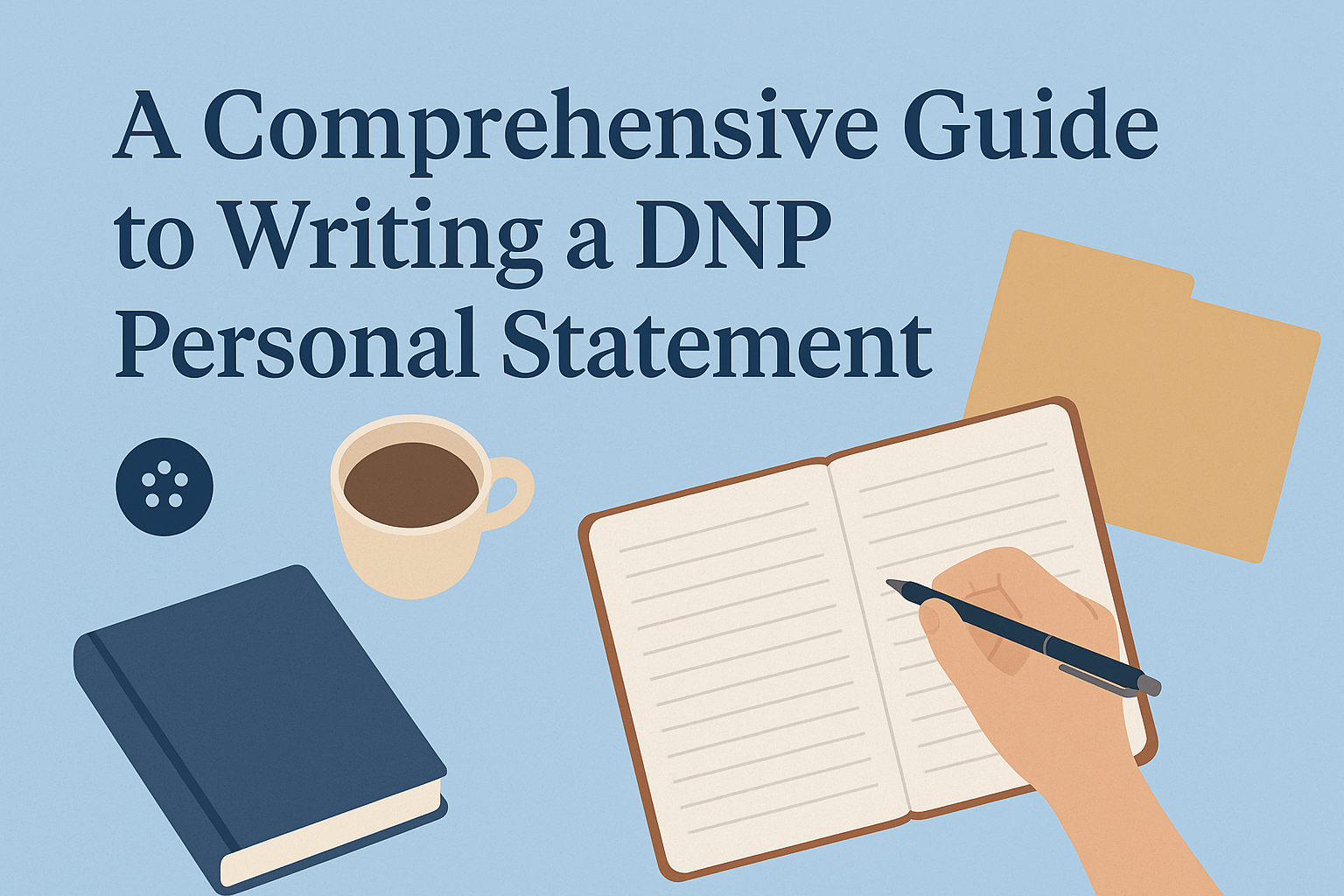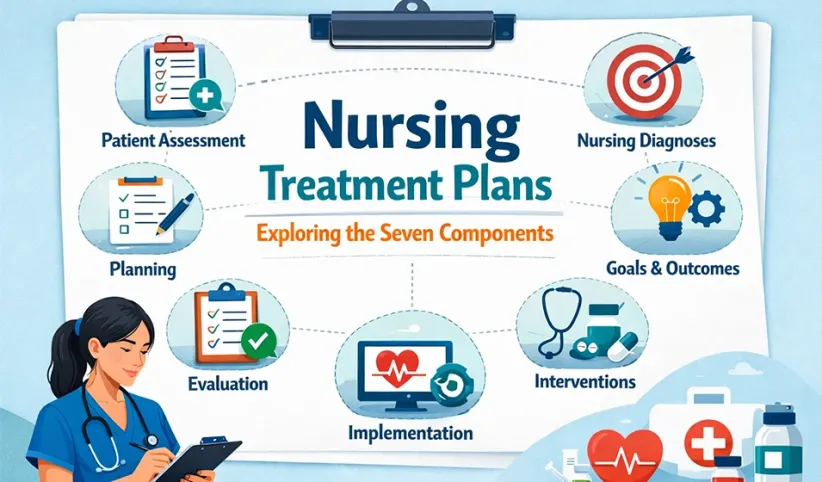In nursing education, there are two terminal degrees, Doctor of Nursing Practice (DNP) and the Doctor of Philosophy (PhD). Both degrees provide advanced nursing knowledge; however, the direction is vastly different. Unlike a PhD in nursing, which is more research based, A DNP degree is entirely about how practical clinical expertise can be enhanced and applied for the best quality patient care. Going beyond just practice, DNP education emphasises system level changes and reforms by instilling leadership skills, system thinking, patient centered care and the most effective use of evidence.
Therefore, students who aim to work as a nurse practitioner, clinical nurse leader, nurse executive, or healthcare policy advocate must go through this educational journey. If you are among this horde, you should know that a degree as advanced must have equally tough competition. This is where things get tricky for DNP aspirants. Let’s have a look at the admission requirements for DNP first:
General Requirements for DNP Admissions
-
Active Registered Nurse (RN) license
-
BSN or MSN from an accredited program
-
Minimum GPA (usually 3.0+)
-
Letters of recommendation
-
Resume/CV
-
Statement of purpose/personal statement
-
Sometimes GRE (but often waived)
In this list, the thing that poses the most challenge is the personal statement. Why? Because, here is where you have to show your true self, professional skills, long term goals, passion, and motivation in a balanced yet compelling style—something that most struggle with. A personal statement is not just a piece of writing; instead, it is your entry ticket to DNP. Hence, it has to be written in a way that clearly aligns your passionate and professional self with what the admission committee is looking for.
All of this seems hard to crack? Let’s simplify it. We have outlined brief yet comprehensive guidelines to provide the necessary support for an effective and well written personal statement for DNP. Let’s get started:
Key Components of a Successful DNP Personal Statement
A strong opening
If you want your application to stand out from the crowd, make hard efforts to capture the readers’ attention instantly from the very first line. Therefore, at the start of your DNP personal statement, try using hooks, an attention grabbing moment, a worthy aspect of your nursing life, etc. With that, clearly state your intent for pursuing DNP.
For example, “my nursing experience in underserved areas made me aware of how much change is required. With DNP, I aim to drive that change by combining practice with policy and leadership.”
Academic and professional background
Proceeding forward, showcase your professional knowledge and academic excellence by mentioning relevant clinical experience, educational awards, certifications, and specific nursing roles that help you gain the required aptitude. Especially mention any role that reflects your leadership skills and patient advocacy.
Discuss how your academic and clinical efficiency prepare you for this essential career step, and also reflect on your dedication to lifelong learning.
State the ‘WHY’
Here, clarify why you are preferring DNP over other nursing degrees. Discuss your interest in understanding and mastering nursing leadership roles, health policy making, patient advocacy, evidence based practice and more. Connect your statements with long term goals to reflect strategic thinking.
Show DNP compatibility with the career goals
Reflect on the short and long term goals of your career, such as becoming a family nurse practitioner, working on health policies, etc. Additionally, tie your goals to the DNP education and expertise you will gain — show how the DNP will facilitate achieving them. Another important point is to portray your complete understanding and knowledge about the program by hinting at its specific aspects, including faculty personnel, associated clinical sites, etc.
For instance, you could highlight any of the faculty personnel whose work you are interested in and that aligns with your professional vision.
Talk about evidence based practice & leadership
As both of these qualities are at the core of DNP education, emphasise them by showcasing your comprehensive understanding. In addition, if you have ever participated in any of the roles relevant to nursing leadership, evidence based practice, or quality reforms, do highlight them.
Personal qualities and commitment
Besides professional skills, how well your personal self is acquainted with DNP requirements is also significant to add to the writing. Hence, include skills like empathy, communication, innovative thinking, and adaptability.
Additionally, discuss your ability to balance both professional demands and DNP education requirements.
Conclude impactfully
Write the last part in a confident and impactful tone to leave a lasting impression. Restate your passion and motivation for the DNP program. Highlight your strengths and achievements, and show how ready you are to contribute to the field.
Reminder!
-
Write in a clear, concise and formal tone
-
Avoid jargon, complex terms, and passive voice
-
Ensure grammatical accuracy, word count adherence and structural compliance
-
Seek feedback and suggestions from professors, experts or professional nursing assignment writing help services.
Wrapping Up!
A quality made DNP personal statement makes the difference between an accepted and a rejected application. Hence, you must develop it carefully, based on what the admission committee requires, and describe your strengths and qualities in a balanced manner. Only summarising facts may lead your application to the rejected pile; hence, make it unique with a proper balance of personal and professional reflections.
Be your actual self, avoid generalised statements and remember to align your overall writing with the requirements of the chosen DNP program—your application success is just a good writing away!











